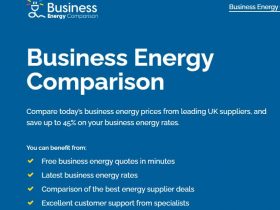LATEST BLOG ARTICLES
Notti Osama, a 14-year-old drill rapper from Yonkers, ...
Levita Bayless is famous as the mother of ...
Najee Laurent Todd Eugene is a celebrity kid ...
BB guns, also known as air guns, have ...
Energy costs can be a major expense for ...
Living with chronic pain can be debilitating, affecting ...
The use of firearms necessitates competence and accountability ...
Welcome to Oymyakon, Russia, the coldest inhabited place ...














